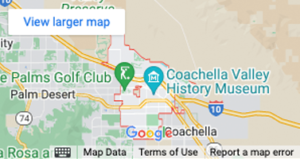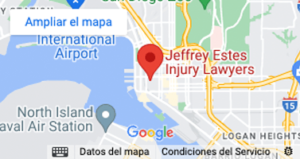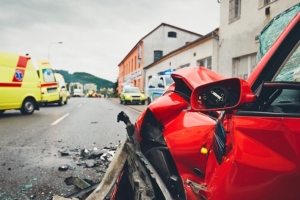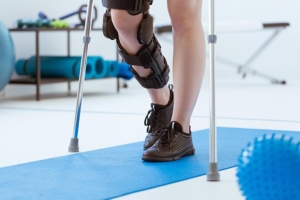What Evidence Do I Need to Support My Car Accident Claim?
If you were injured by a negligent driver, the success of your personal injury claim will hinge on the strength of your evidence. If the at-fault driver denies liability or if the insurance company disputes your claim, you will need extensive evidence to prove negligence, liability, and the value of your damages.

This is where an injury lawyer can help. Attorneys Jeffrey E. Estes and Alton J. Smith can investigate your collision, gather evidence, interview witnesses, and help you fight for the maximum compensation.
Estes and Smith have more than 30 years of litigation experience. Call 855-290-8080 to schedule a free consultation with a San Diego car accident attorney from Jeffrey E. Estes & Associates.
What Evidence Do I Need to Support My Car Accident Claim?
In order for your personal injury claim to be successful, you or your attorney must prove that the at-fault driver owed you a duty of care, breached that duty, and the breach of duty caused your injury or loss. You must also prove the value of your damages.
All drivers have a duty not to behave in a way that puts other people at risk, so proving duty of care simply requires evidence that the at-fault driver was in fact driving. However, proving a breach of duty of care can be much more complicated.
The best approach depends on the specific facts of your case. For example, if your accident occurred because the at-fault driver was speeding, your attorney may be able to prove a breach of duty of care with the police report, witness testimonies, photos of the crash scene, and the testimony of an accident reconstruction expert.
If the at-fault driver was drunk, your lawyer may also rely on the toxicology report to prove negligence. If your accident involved a commercial truck, your attorney may use data from the truck’s event data recorder (EDR), or “black box.” The EDR tracks important data about the truck’s high speed, average speed, and hours on the road.
Proving the Value of Your Damages
There are three main categories of damages that might be recoverable in personal injury cases: economic, non-economic, and punitive damages.
Economic damages have an objectively verifiable value. Examples include medical bills, vehicle repairs, and lost income. Non-economic damages are more subjective in nature. They include mental anguish, pain and suffering, and loss of consortium.
Punitive damages are not available in all personal injury cases. They are intended to punish a defendant for acting with malice, or a conscious disregard for the safety of other people.
Your attorney may use the following evidence to prove the value of your damages:
- Medical bills;
- Paystubs;
- Income tax returns;
- Mechanic receipts;
- Testimony from a medical expert; and
- Testimony from a financial expert.
Recovering fair compensation in a personal injury claim is rarely straightforward—especially if you intend to claim non-economic or punitive damages. If you would like to discuss your case with an injury lawyer in San Diego, contact Jeffrey E. Estes & Associates.
Both Jeffrey E. Estes and Alton J. Smith hold AV Preeminent ratings from the Martindale-Hubbell attorney rating service. Call 855-290-8080 today to arrange a free initial consultation. You can learn more about car accident claims by visiting USAttorneys.com.















